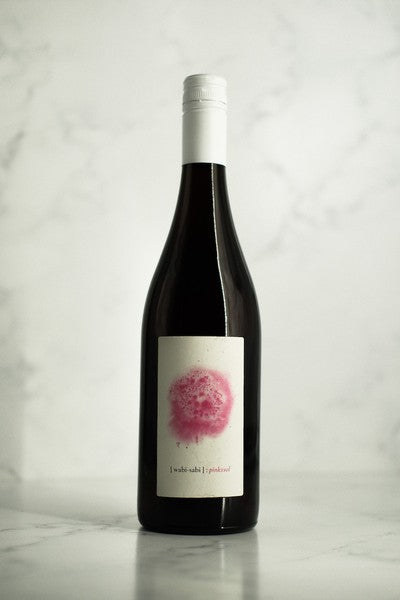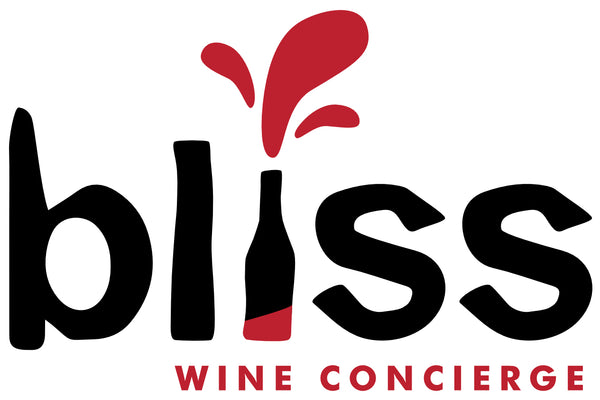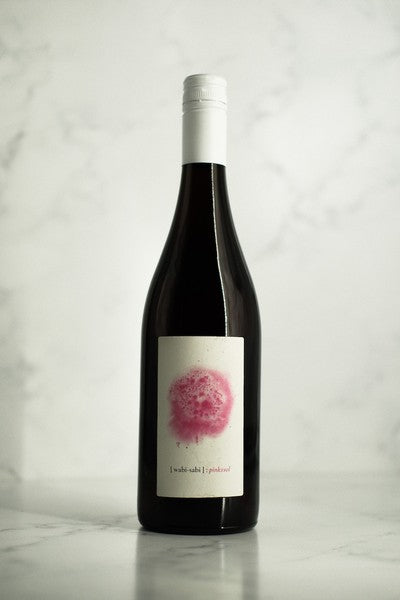Wabi-Sabi
Wabi-Sabi - Pink#Sol MV
Wabi-Sabi - Pink#Sol MV
Couldn't load pickup availability
(Rosé Solera, bottled 5.15.2022) "The combination of soleras shows my favorite wine style; a combination of fruit and freshness paired with structure, ripe flavor and a lot of glou-glou"- JZ. This wine has a ton of bright notes, is quite complex, and very refreshing. No flabby, uninteresting rose here. Lots of cranberry, strawberry-lemonade, and sour cherry flavors. It does have an herby quality on the nose, and a bit of extra texture from the Roessler being in amphorae for 4 months before being direct pressed.
Technical Details
Technical Details
Vineyard Notes
Vineyard Notes
Production Notes
Production Notes
Production Size
Production Size
Fun Facts
Fun Facts
Pairing Suggestions
Pairing Suggestions
Cuisines to try with
Cuisines to try with


